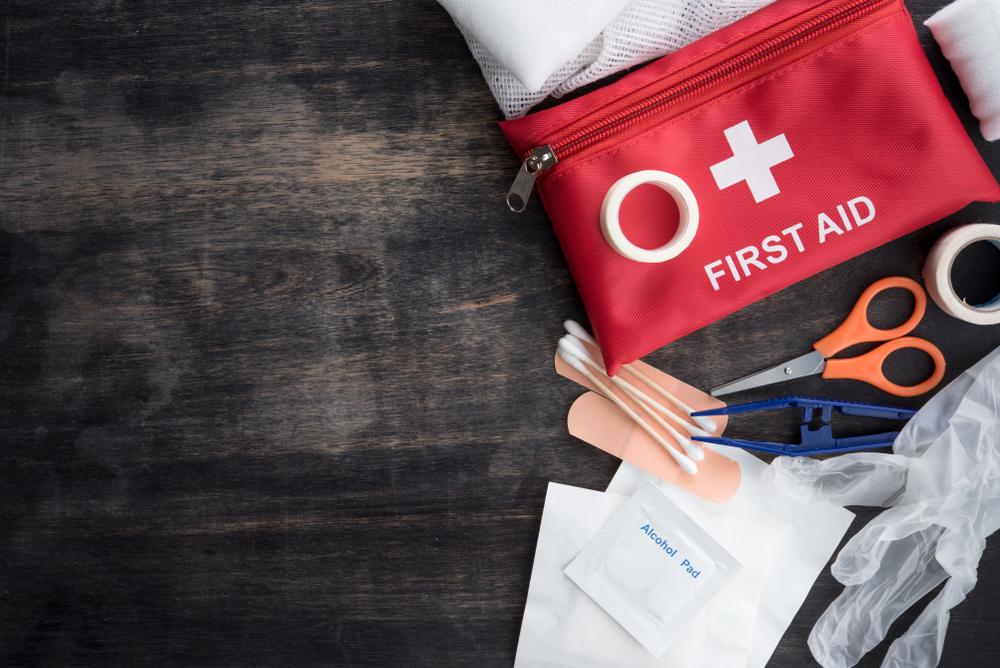5 Questions About Apprenticeships
Workplace HealthIf you’ve picked up your GCSE results this year and are considering your next steps, one option could be an apprenticeship. Forget the TV show – there’s no giving 200% and boardroom sackings. Instead it’s a chance to get the skills you need for a future career while earning a qualification at the same time.
What is an apprenticeship?
As an apprentice you’ll be trained in a skill so you’ll be set to continue working in that industry. There are apprenticeships in over 170 different professions, from TV production to software design, and from hairdressing to retail sales.
Who can be an apprentice?
Apprenticeships are open to anyone over 16 years old who isn’t already in full-time education. There’s actually no upper age limit either.
What does an apprenticeship entail?
An apprenticeship is part work and part education. So you’ll spend time learning in a college or in training, and then time putting those skills into action with your employer.
Expect both combined to be for between 30 and 40 hours a week, with most of the time spend “on-the-job”. But when you do go to college or training, that would be part of your working week.
Depending on your apprenticeship, it could take between one and five years to complete.
What qualification will you get?
The qualification depends on the level of apprenticeship you take. The Intermediate Apprenticeship is roughly the equivalent to five GCSEs. Most apprentices will take an Advanced Apprenticeship, which is like two A-Levels.
It’s possible to take a higher level apprenticeship – a Higher Apprenticeship – which can be the equivalent of a foundation degree. There are even degree level apprenticeships.
How much are apprentices paid?
You’ll be paid a salary – but it will probably be less than if you were working full-time elsewhere.
It’s a minimum of £4.30 an hour for 16 to 18 year olds. It’s the same rate for the first year only if you’re over 19 years old. From 1 April 2024, the apprentice rate of the National Minimum Wage will be £6.40 an hour.
Once you’ve completed your first year and are over 19, then the National Minimum Wage applies – and how much that is depends on your age as it increases as you get older.
Of course, it’s just a minimum so you could earn more. You’ll also be entitled to sick pay, holiday pay and other workplace benefits.





















